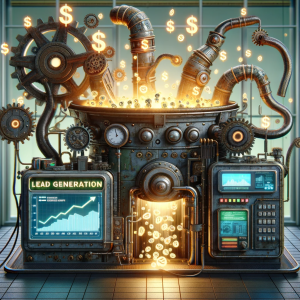In the intricate dance of marketing complex products, content marketing emerges not just as a player, but as a lead dancer. Its role in the marketing mix is pivotal, especially in today’s digital-first world where the average B2B buyer in a complex sale engages with digital assets between 6 and 9 times before making a decision. Let’s explore how content marketing can be effectively utilized in selling complex products.
The Foundation: Core Messaging and Target Market
The journey of content marketing begins with a clear understanding of your core messaging and target market. This is the foundation upon which your content strategy is built. It’s about knowing what needs to be communicated and to whom. In the realm of complex products, this precision in targeting and messaging is crucial, as it shapes how your product is perceived and understood by your strategic market sectors.
Depth and Engagement in the Buyer’s Journey
Content marketing is instrumental in adding depth at critical parts of the buyer’s journey, from initial awareness to the deeper funnel stages. It’s about creating a narrative that guides potential customers through the complexities of your product, making each step informative and engaging. Through blogs, whitepapers, videos, and more, content marketing breaks down the intricacies of your product, making it more digestible and appealing to the audience.
Educating for Deeper Insights
A key strength of content marketing in the context of complex products is its educational value. By offering deeper insights into your product, content marketing helps demystify and explain the more complex aspects. This education is critical in building trust and credibility, especially considering that informed B2B buyers tend to engage more deeply with digital content throughout their decision-making process.
Conversion and Qualification
An essential benefit of content marketing in complex sales is its impact on lead qualification. When leads reach the “Contact Us” stage, they often convert at a higher rate. This is because they are pre-qualified; they have engaged with your content and have a better understanding of your product. This not only speaks to the efficiency of your sales funnel but also aligns with the self-service preferences of modern B2B buyers.
Efficiency in the Sales Process
Content marketing, by providing detailed and accessible information, caters to the self-service trend in B2B buying. Buyers prefer to research and understand products on their own before reaching out to sales. This approach makes the sales process more efficient, as the leads who do make contact are better informed and more likely to convert.
Conclusion
In conclusion, content marketing is an indispensable tool for selling complex products. It provides the necessary depth and education required by B2B buyers, aiding them in their decision-making process. By effectively using content marketing, businesses can ensure that their leads are not only more numerous but also more qualified, leading to a more efficient and successful sales process.







